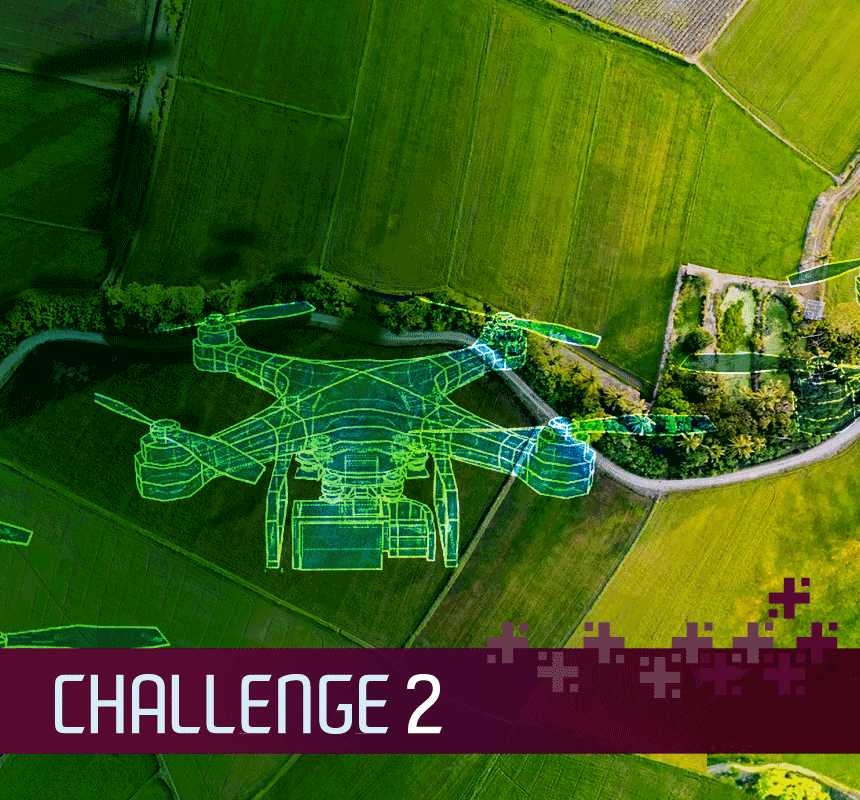Challenge Summary
The challenge aims to predict the most suitable crop rotation systems for integrating potato into existing agricultural landscapes, with a focus on India or Bangladesh. By leveraging data on crop performance and agronomical requirements (soil, weather, yield, crop distribution, potato models, etc.), teams will develop AI-driven predictive models to identify optimal crop rotation schemes that enhance yields, reduce inputs, and minimize carbon emissions.
- AI algorithms can be employed to harvest and integrate diverse datasets from public sources, including crop performance data, soil characteristics, climate information, and agronomic requirements of various crops.
- Natural language processing (NLP) techniques will extract relevant information from research papers, agricultural publications, and online databases, enabling the aggregation of comprehensive datasets necessary for predictive modeling.
- Machine learning models, such as decision trees, random forests, and neural networks, can be trained on the integrated datasets to predict optimal crop rotation systems. These models will analyze historical data on crop performance, yield variations, and agronomic practices to identify patterns and relationships that inform the selection of suitable crop rotations for potato integration.
- AI-driven scenario analysis tools can enable the exploration of different crop rotation scenarios under varying agroecological conditions, input levels, and climate scenarios.
- Optimization algorithms, such as genetic algorithms or simulated annealing, will be used to identify the most efficient and sustainable crop rotation schemes that maximize yields, minimize inputs, and reduce carbon emissions.
The implementation of optimal crop rotation systems for potato integration predictive models significantly enhances climate adaptation and resilience in agricultural systems of India and Bangladesh. Diversified crop rotations foster soil health, reduce pest pressures, and improve water and nutrient management, mitigating the impacts of climate change. Sustainable crop rotations also contribute to carbon sequestration, soil conservation, and enhanced ecosystem services, making agricultural systems more resilient to extreme weather events and climatic variability. Promotion of climate-resilient agricultural practices supports the long-term sustainability of farming communities, ensuring their ability to adapt and thrive in the face of changing environmental conditions.
The implementation of optimal crop rotation systems for potato integration predictive models significantly enhances climate adaptation and resilience in agricultural systems of India and Bangladesh. Diversified crop rotations foster soil health, reduce pest pressures, and improve water and nutrient management, mitigating the impacts of climate change. Sustainable crop rotations also contribute to carbon sequestration, soil conservation, and enhanced ecosystem services, making agricultural systems more resilient to extreme weather events and climatic variability. Promotion of climate-resilient agricultural practices supports the long-term sustainability of farming communities, ensuring their ability to adapt and thrive in the face of changing environmental conditions.



